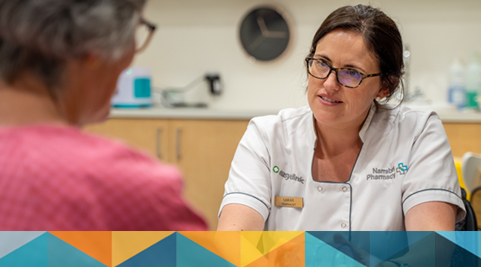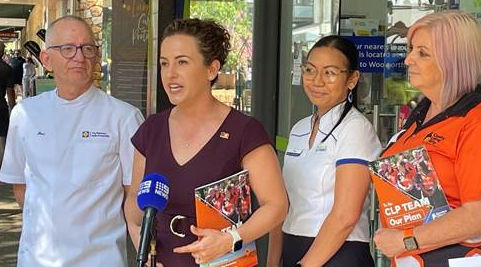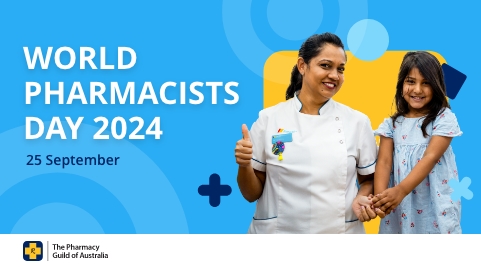
Exciting changes have been announced in New South Wales. Last week at Pharmacy Connect, Health Minister Ryan Park revealed that pharmacists will soon be able to treat a range of everyday health conditions. Building on the success of existing pilots and trials, this initiative marks a significant leap forward in improving patient access to essential healthcare services.
Patients will soon be able to visit their community pharmacy for treatment by appropriately trained pharmacists for acute conditions such as nausea, ear infections, and allergic rhinitis. In addition to these acute conditions a trial will take place in regional NSW for pharmacist management of a range of chronic conditions including asthma, weight management and more.
These changes, designed to ease pressure on GPs and emergency departments, follow similar efforts already underway and proving successful in North Queensland and could begin to roll out as early as January 2025.
David Heffernan, President of the Pharmacy Guild of Australia’s NSW Branch, highlighted the significant benefits of this initiative. “Pharmacists have already demonstrated their ability to offer everyday healthcare services, from providing over 10 million COVID-19 vaccinations to treating over 18,000 uncomplicated urinary tract infections (UTIs) since May 2023,” he said.
“These changes will mean that patients aren’t forced to present to hospital for a simple ear infection just because their GP can’t see them. It’ll mean easier access to everyday healthcare for everyone in NSW.”
The announcement comes in response to growing concerns about GP waiting times and overcrowded emergency departments and aims to reduce preventable hospitalisations, saving the healthcare system millions of dollars each year.
Independent research commissioned by the Pharmacy Guild found that 20% of patients in NSW, and 28% in regional areas, have had to visit the emergency department due to a lack of GP availability. It also found 91% of patients support pharmacies offering additional services while 80% feel comfortable receiving everyday healthcare from their local pharmacy.
To be able to participate in the trial program, pharmacists must complete a year’s worth of extra training, on top of four years at university and a year of practical training. More information about NSW scope of practice is available at wecandomore.org.au.


